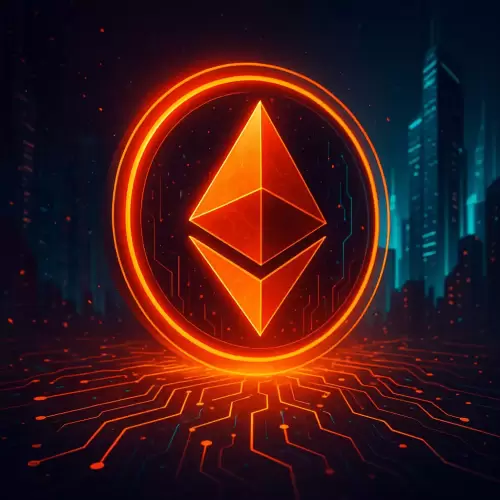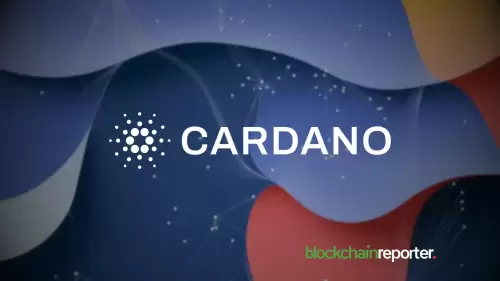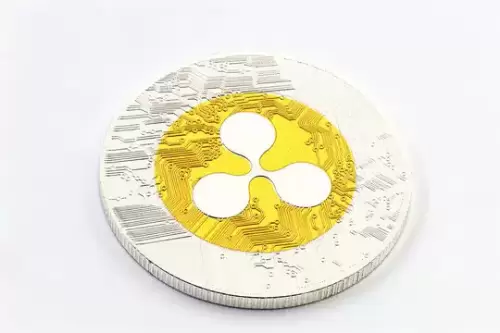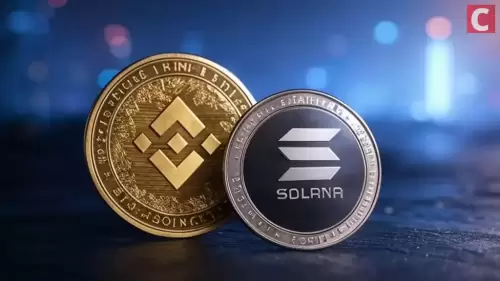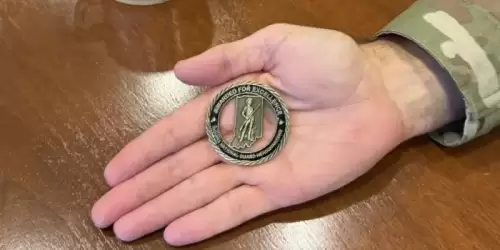Pi Network addresses wallet challenges with TransFi, offering a new fiat option. Will this integration help Pi Coin price recover amidst scalability issues?

Pi Network is making moves to improve user experience, but will it be enough to boost the Pi Coin price? Let's dive into the latest developments surrounding Pi Network, the fiat options, and the persistent price puzzle.
Pi Network Integrates TransFi for Easier Fiat Access
Following user complaints about issues with the Onramp Money platform, Pi Network has integrated TransFi, a Vilnius-based fintech firm, as a third fiat on-ramp. This allows Pioneers to purchase Pi using common payment methods like credit cards, Apple Pay, and Google Pay. TransFi boasts impressive global coverage, supporting fiat purchases in over 85 markets and enabling transactions through more than 250 payment methods. This integration aims to simplify the process of buying Pi, especially for users in regions like the Philippines and Hungary, where TransFi offers convenient options and competitive exchange rates.
The Price of Pi: A Rollercoaster Ride
Despite these positive developments, the Pi coin price has experienced some turbulence. After the Pi2Day event, the coin saw sideways movement, even crashing more than 15% over the past month. This decline was partly attributed to users reporting issues with failed token transactions. The price dipped to around $0.40, reminiscent of April lows, before settling around $0.41. The integration of TransFi, while a welcome addition, hasn't immediately translated into a price surge, with the coin initially slipping slightly before stabilizing.
Scalability Woes and the Picoin Cash Solution
Pi Network's infrastructure is facing scalability challenges, leading to transaction bottlenecks and frustrating delays for users trying to cash out their Pi. Transaction fees have also become expensive, sometimes exceeding the value being moved. Picoin Cash (PCH), a fork designed to create a scalable crypto solution with reduced fees, aims to address these issues. PCH implements larger block sizes and optimized processing to handle higher transaction volumes, potentially reducing transaction fees by up to 90%. The success of Picoin Cash could significantly improve Picoin cash out experiences and potentially boost Pi Coin value.
Key Challenges and Future Prospects
Pi Network faces two major challenges highlighted by Pi advocate Kim H Wong: the lack of decentralized applications (dApps) for real-world exchange and the locking of Pi coins in user wallets, limiting their usability. Addressing these issues by opening up dApps and facilitating Pi's second in-app transfer are crucial for the network's growth. Furthermore, the increasing supply of Pi coins on exchanges, which rose to over 405 million in July, adds downward pressure on the price. The decreasing token unlocks in August, down to 160 million from 280 million in July, may provide some relief, but the overall impact remains to be seen.
Personal Thoughts
The integration of TransFi is a step in the right direction, offering users easier access to Pi. However, the underlying issues of scalability and utility need to be addressed for Pi Network to truly thrive. The success of Picoin Cash could be a game-changer, providing a much-needed solution to the transaction bottlenecks. It's crucial for the Pi Network team to focus on developing a robust ecosystem of dApps and ensuring the usability of Pi coins in user wallets. Without these improvements, Pi Network risks remaining a project with potential that never quite reaches its full potential. As BTC Hyper presale raises more than $6 million, it further highlights the importance of innovation and utility in the crypto space. Pi Network needs to adapt and evolve to stay relevant.
Wrapping Up
So, will Pi Coin price recover? Only time will tell. But with new fiat options and potential scalability solutions on the horizon, the Pi Network story is far from over. It's like watching a quirky indie film – you're never quite sure where it's going, but you're definitely intrigued to see how it all unfolds! Cheers to the Pioneers and the future of Pi!






































































